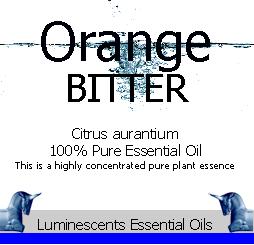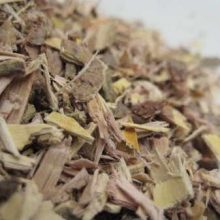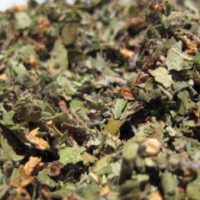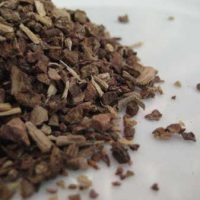The Bitter Orange Tree is an evergreen that grows up to 10m high with glossy dark green leaves and fragrant white flowers. The essential oil is produced by cold pressing of the peel. The Bitter Orange is native to southern China and North-Eastern India. Both the Bitter Orange and Edible Orange trees bear a great resemblance to each other, but their leaf stalks show a noticeable difference. The Bitter Orange is much broader in the shape of a heart.
Reported Attributes of Bitter Orange Essential Oil:-
The bitter orange has properties very similar to the sweet orange. They include the following properties: antidepressant, antiseptic, antispasmodic, aphrodisiac, carminative, cordial, deodorant, digestive, stimulant (nervous), tonic (cardiac, circulatory). Orange Bitter essential may be used in the same way as oil of turpentine in chronic bronchitis. It is non-irritant to the kidneys and pleasant to take. It has also been applied to combat Colds, constipation, dull skin, flatulence, the flu, gums, slow digestion, and stress.
Bitter Orange Essential Oil Blends Well With:-
Lavender, Lemon, Clary Sage, Myrrh and Spicy oils such as Nutmeg, Cinnamon and Clove.
History:-
The orange is unknown in the wild state and it has been assumed that it developed in China, India, and Southeastern Asia, and that they were first cultivated in China around 2500 BC.
In Europe, the Moors introduced the orange to Spain which was then known as Al Andalus, the modern Andalucia with large scale cultivation starting in the 10th century.
Citrus fruits like the bitter orange were introduced to Italy by the crusaders in the 11th century and were grown widely in the south for medicinal purposes but the sweet orange was unknown until the late 15th century or the beginnings of the 16th century, when Italian and Portuguese merchants brought orange trees back home.Shortly afterward, the sweet orange was adopted as an edible fruit. It also was considered a luxury item and wealthy people grew oranges in private conservatories, called orangeries. By 1646, the sweet orange was well known throughout Europe.
CAUTIONS: Orange oils are mildly phototoxic, like all citrus fruits. Do not go out into sunlight for 30 minutes after applying.






